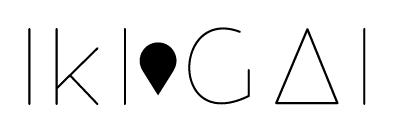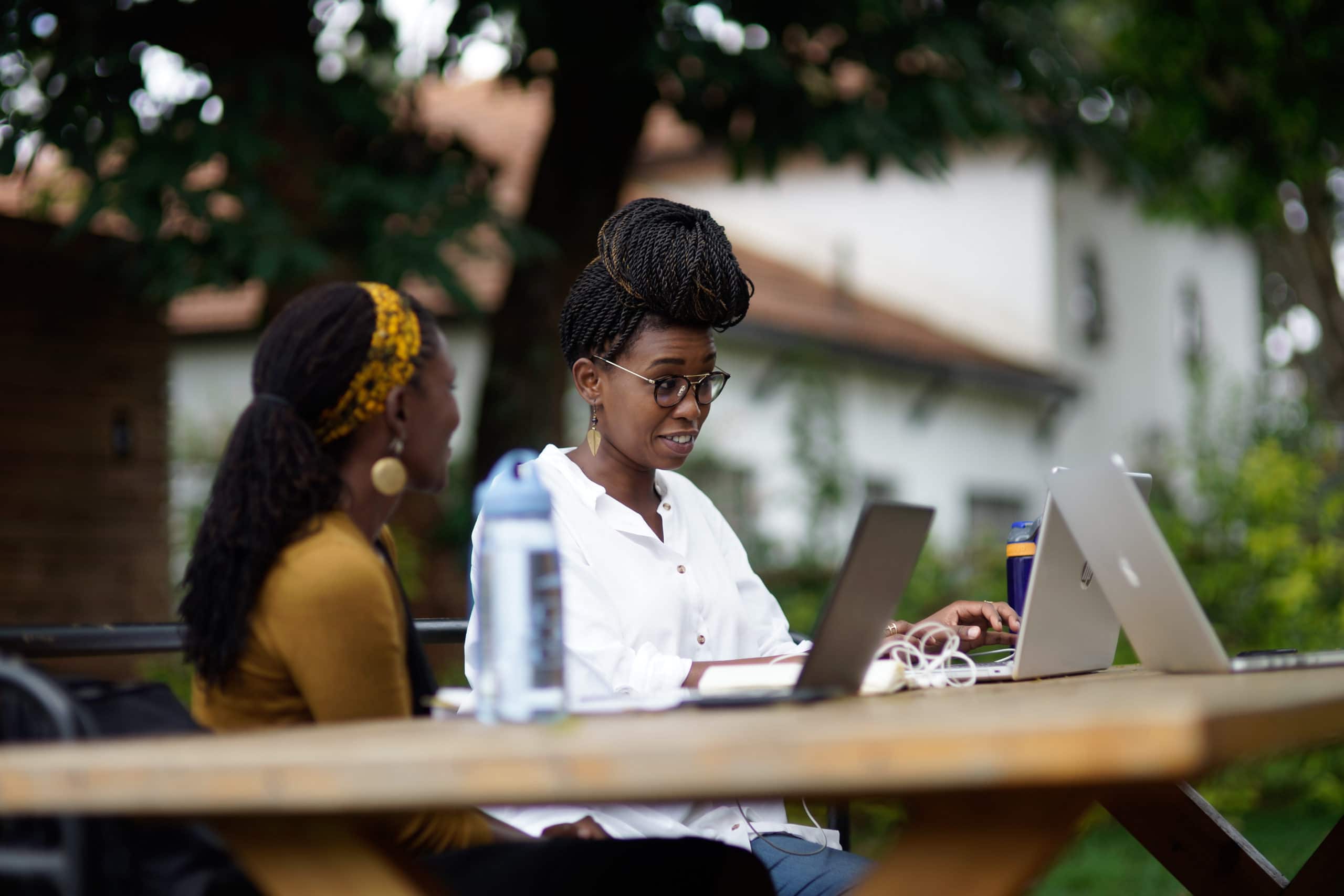International Women’s Day this year is all about collective individualism – the individual actions we are each taking towards a gender-equal and inclusive world. We are back for part two of our Women’s Day series, highlighting organizations determined to provide opportunities for gender inclusivity across different fields and industries. This time, we talk to Ikigai Nairobi private office members, Mawazo Institute.
Currently, on average only 30% of the total number of researchers across the continent are women, in Kenya this percentage shrinks to 25%. However, this is not only a problem in Africa. Globally, STEM and other research disciplines are characterised by white men from developed economies like North America and Europe. Racial and gender diversity is lacking and consequently, voices of women and minorities are absent and muted in discussions and research that continues to impact their lives.
To address the lack of diversity in the sciences and other disciplines, Mawazo (which means ‘ideas in Kiswahili) Institute is on a mission to amplify the voices of African women experts, innovators and leaders. Inspired by the personal experiences of the founders Rose Mutiso and Rachel Strohm, Mawazo recognises the importance of giving women, particularly African women, an opportunity to participate and contribute to academic discourse and policymaking.

Mawazo’s Milestones
Since our last article with Mawazo, they graduated their first class of scholars and have seen them progress in their respective careers. The cohort included Melissa Allela, a 2019 HEVA fund recipient, studying emerging technologies to preserve African traditions of oral storytelling; and Teresiah Njihia, a health scientist studying the Antestia bug infecting coffee plantations in Africa and threatening the livelihoods of many small-holder coffee farmers.
Graduating their first class was an important milestone for Mawazo, as not only were they helping increase the number of female researchers in the region, but also helping ensure their Scholars would graduate in a short time frame. According to a report compiled by the UNESCO, most of the people who pursue PhD studies in Kenya either do not complete or take up to six years to complete their studies, in part due to limited or personal resources. For women this could be longer as personal or familial responsibilities cause them to take time off from their studies, prolonging or discouraging women from pursuing further education. To assist, Mawazo acknowledges that women scholars are different from their male counterparts. Based on their needs and roles, Mawazo has designed a program which provides scholars with funding, support, training and mentorship in the respective fields. Their program has seen great success and is changing the perception of women scholars.
“The opportunity to see other women who have made it and look like you is powerful. Increased visibility expands your thinking of what’s possible” Digital Media and Public Engagement Consultant for Mawazo, Kari Mugo mentions.
By amplifying women’s voice through public engagement activities that increase their visibility in the public’s mind, Mawazo is empowering women to take up space in places they previously did not participate in or were underrepresented. Equipping women to be thought leaders and problem-solvers also for the advanced research and research topics in effect as women bring in new talents, energy, and perspectives on issues that affect their environments.

What’s Next for Mawazo?
For their stance on inclusivity, Mawazo has been shortlisted for an award for ‘Best NGO on Gender Equality’ at the 2020 National Diversity and Inclusion Awards. The research and leadership incubator hopes to continue transforming the face of academia, supporting the next generation of women researchers and scientists across Africa. In 2020, Mawazo welcomes its next cohort of PhD Scholars, this time drawn from four East African countries, as the institution looks to expand its footprint.
“I want other African women to have the same opportunities that I did; to be supported to excel,” says Mawazo CEO, Dr Rose M Mutiso.
To learn more about Mawazo and their programs visit their website or their offices at Ikigai Westlands on General Mathege Road.



Leave a Reply